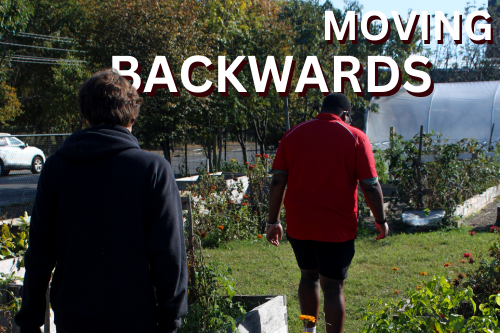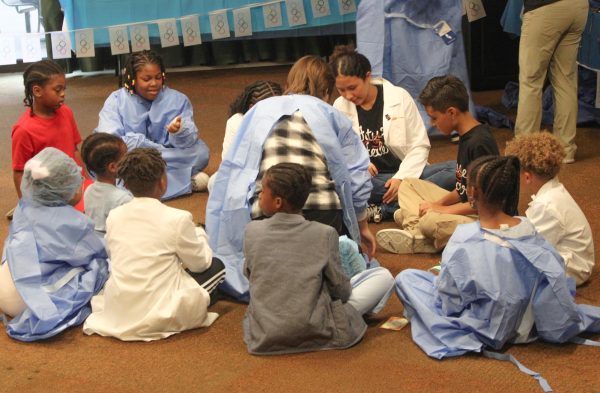Mental Health Education in Schools: Why It Should Matter to You
Now that school is back in session, here’s how you can integrate mental health into the classroom
Every year on the second day of school, we are shown the same mental health awareness video. A kid is being bullied, they’re sad, their friends help by encouraging them to see a counselor, and the kid begins to feel better. But understanding mental health isn’t that easy — and it’s certainly not something an awkward video played once a year can cover in full. Inclusive and effective mental health education is needed now more than ever in schools. It is crucial that students, teachers, and administration work together to integrate mental health into the classroom.
Why now?
It is important to make mental health a prevalent discussion in the classroom because we are a high-risk age group for suffering from mental health issues. According to the CDC, the suicide rate for children and teens ages 10 to 17 was up 70% between 2007 to 2016. Additionally, it is the second leading cause of death for people our age. With these rates steadily increasing each year for children and adolescents, weaving mental health into the conversation can create a safe environment where the topic doesn’t seem so taboo. This will give kids who don’t feel safe talking about their mental health at home a place where they can feel accepted and know that what they are going through is more common than they think. However, this helps more than kids. Everyone is affected by mental health, so working to fix the problem on any level is a big stride in the right direction.
Just Talk About It
Mental health is complex, and everyone’s mental state is different, but a great place to start is simply talking about mental health. Open discussions about mental health can help students identify what is going on in their life, and lets them know they’re not alone. However, it’s important that students contribute as much or as little as they want to the discussion so nothing is forced. Providing a safe community is crucial for helping anyone suffering from a mental illness.
Another way to integrate mental health education into schools is educating teachers how to handle the topic. Showing teachers signs to look for in students early on could identify who needs help. Students also need to be educated about how they can improve their mental health with coping skills like breathing techniques, exercising, and even journaling. Incorporating meditation and mindfulness practices in schools has also shown to be a positive approach in helping students de-stress from their home and school life. A study by the Journal of Child and Family Studies about mindfulness-based cognitive therapy for children showed significant reductions in anxiety symptoms and behavior problems in children previously reporting clinically elevated levels of anxiety at pretest. The most important thing is to remember everyone battles something different behind the scenes. Mental illness can affect anyone — even the most put-together person can feel completely helpless on the inside. You never know what someone is going through, but you can be a shoulder to lean on, a thoughtful listener, and someone who treats people with kindness and respect.
Stand Up for Change
As a student, talk to your school about making mental health at the forefront of class meetings or discussions. Even better, vote in candidates in your school district that are advocating for change in the way mental health education is handled in the classroom. Change can only happen by educating those around you about something you care about. Let’s work together to make sure every student has a safe space with peers and adults they trust to check in about their mental health.
Donations are collected through The Publishers, duPont Manual High School's booster club for J&C. On The Record relies completely on sponsorships, advertisements, and donations to produce and distribute each issue. Please consider donating to our cause, and helping the student journalists of OTR amplify youth voices for years to come.







